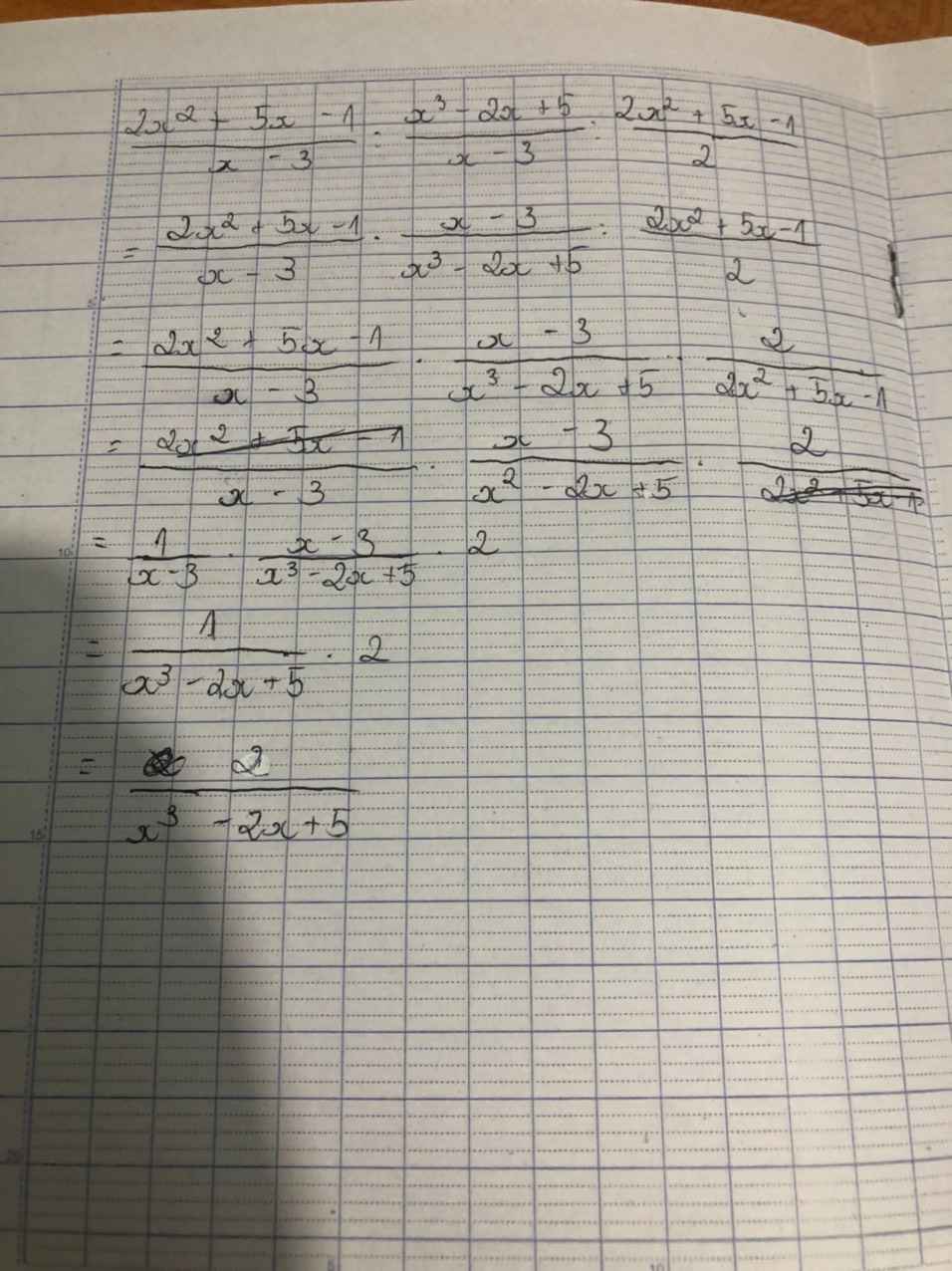\(\dfrac{x-1}{3}\) = \(\dfrac{2-x}{-2}\)
- Xin thứ lỗi, lúc nãy tôi quên hỏi.
Hãy nhập câu hỏi của bạn vào đây, nếu là tài khoản VIP, bạn sẽ được ưu tiên trả lời.

x.(x+2/3)=0
=>x=0 hoặc (x-2/3)=0
x-2/3=0
=>x=2/3
vậy x=0 hoặc 2/3

a) \(\dfrac{2}{3}+\dfrac{3}{4}< x< 1\dfrac{1}{3}+\dfrac{4}{5}\)
\(\dfrac{2\times4}{3\times4}+\dfrac{3\times3}{4\times3}< x< \dfrac{\left(1\times3+1\right)\times5}{3\times5}+\dfrac{4\times3}{5\times3}\)
\(\dfrac{8}{12}+\dfrac{9}{12}< x< \dfrac{20}{15}+\dfrac{12}{15}\\ \dfrac{17}{12}< x< \dfrac{32}{15}\)
Ước tính: \(\dfrac{17}{12}=1,4\) và \(\dfrac{32}{15}=2,1\). Vậy số tự nhiên x = 2 sẽ thõa mãn 1,4 < x < 2,1
b)
\(\dfrac{5}{6}-\dfrac{1}{4}< x< 2\dfrac{1}{3}-\dfrac{2}{5}\\ \dfrac{5\times4}{6\times4}-\dfrac{1\times6}{4\times6}< x< \dfrac{\left(2\times3+1\right)\times5}{3\times5}-\dfrac{2\times3}{5\times3}\\ \dfrac{20}{24}-\dfrac{6}{24}< x< \dfrac{35}{15}-\dfrac{6}{15}\\ \dfrac{14}{24}< x< \dfrac{29}{15}\)
Ước tính \(\dfrac{14}{24}=0,5\) và \(\dfrac{29}{15}=1,9\)
Vậy với x là số tự nhiên x = 1 sẽ thõa mãn 0,5 < x < 1,9

\(\Leftrightarrow\left[{}\begin{matrix}x=\dfrac{\sqrt{11}+7}{4}\\x=\dfrac{-\sqrt{11}+7}{4}\end{matrix}\right.\)

\(a,=\dfrac{x^3-\left(x-1\right)\left(x^2+x+1\right)}{1-x}=\dfrac{x^3-x^3+1}{1-x}=\dfrac{1}{1-x}\\ b,=\dfrac{2x+x^2+3x+2+2-x}{\left(x+2\right)^2}=\dfrac{\left(x+2\right)^2}{\left(x+2\right)^2}=1\)

Bài 1:
1: \(M=\left|x-1\right|+x+2\)
Trường hợp 1: x>=1
M=x-1+x+2=2x+1
Trường hợp 2: x<1
M=1-x+x+2=3
2: \(N=x-3+\left|x-3\right|\)
Trường hợp 1: x>=3
\(N=x-3+x-3=2x-6\)
Trường hợp 2: x<3
\(N=x-3+3-x=0\)
3: \(P=2x-1-\left|x-2\right|\)
Trường hợp 1: x<2
\(P=2x-1-\left(2-x\right)=2x-1-2+x=3x-3\)
TRường hợp 2: x>=2
\(P=2x-1-x+2=x+1\)

\(\Leftrightarrow2-2x=6-3x\\ \Leftrightarrow x=4\)
ăn cắp